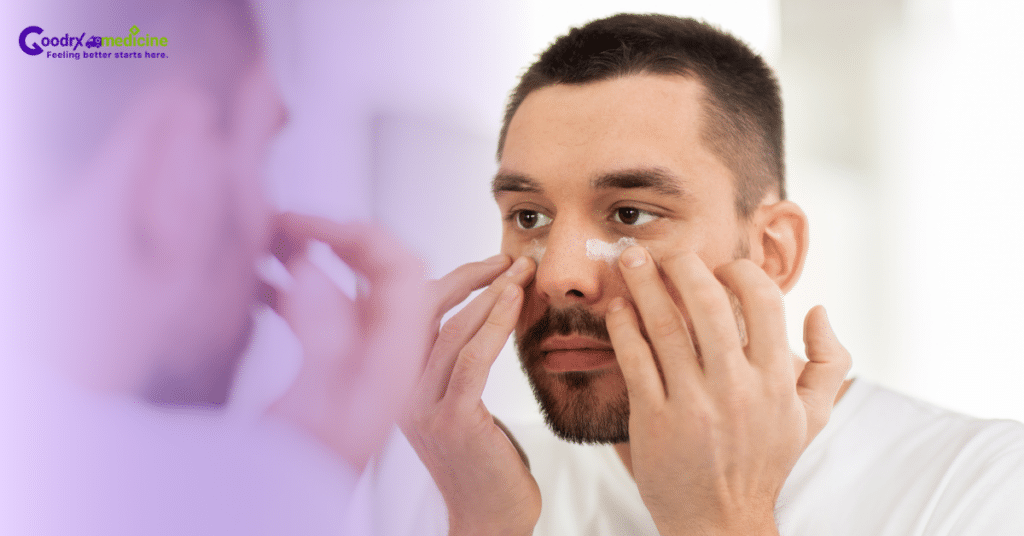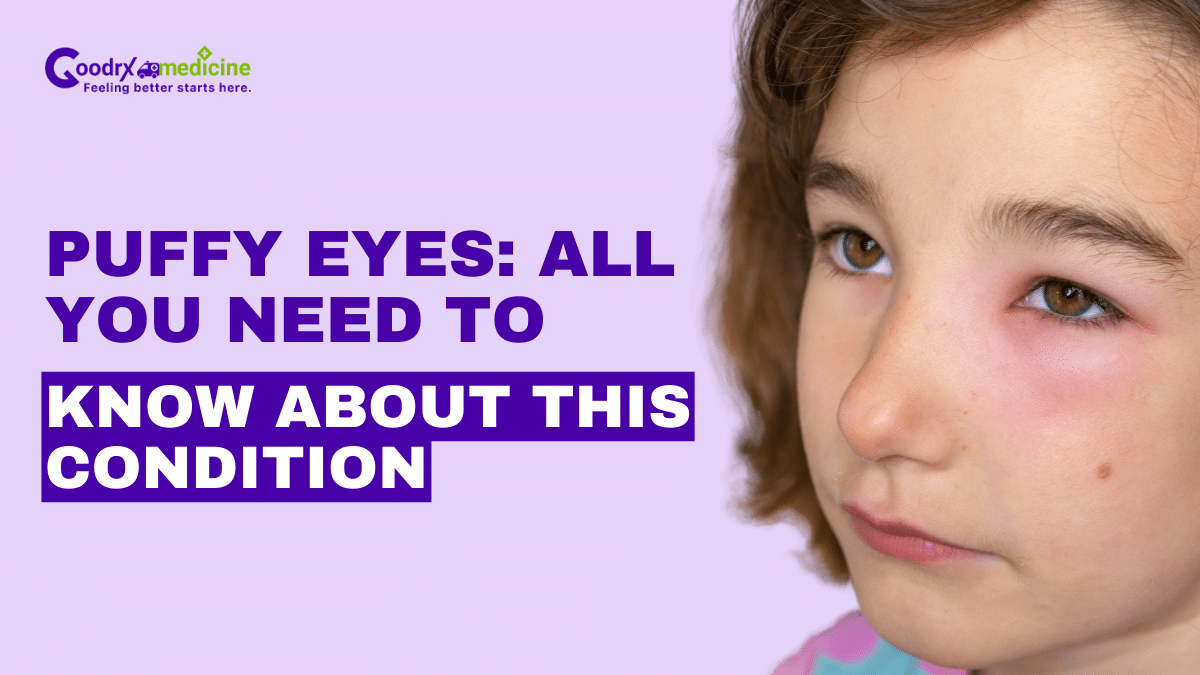Puffy eyes, also known as Periorbital Edema, are caused due to fluid retention in the tissues around the eyes. This may look like swelling or bagginess under your eyes.
While puffy eyes in the morning are generally not a cause of concern, this condition may significantly affect your appearance and everyday life.
Additionally, severe cases of puffy eyes may even indicate underlying medical conditions such as eye allergies or kidney problems.
This article comprehensively discusses the causes and treatment options for puffy eyes.
What causes puffy eyes
Puffy eyes occur when the muscles around your eyes weaken, causing fat from your upper eyelid to move down and settle in your lower eyelid. This mainly happens over time due to aging. Additionally, excessive crying can also cause puffy eyes.
Other factors behind puffy eyes may include:
- Lack of sleep
- Procedures such as botox
- Medical conditions such as eye allergies or pink eye
- Fluid retention due to kidney or liver problems
- Genetics
How to get rid of puffy eyes
Several treatment options are available to eliminate puffy eyes and improve eye health. These include natural remedies such as cold compress, and dietary changes. Your doctor may also prescribe eye cream or medications for persistent or severe puffy eyes.
Let’s understand these treatment methods in detail:
Medical methods

Several eye creams can hydrate the eyes and help reduce puffiness under eyes. Eye creams or ointments with low molecular weight Heparan Sulphate (LMW-HS) can effectively relieve swollen eyes.
Cream-containing tea tree extracts are also beneficial for reducing puffy eyes. Additionally, artificial tears may also reduce puffy eyes due to eye allergies.
Hence, it is essential to consult a doctor for proper puffy eye treatment.
Natural methods
There are a number of puffy eye remedies available to treat temporary or seasonal puffy eyes. Cold compresses are one such remedy.
A high salt intake may cause puffy eyes, as it promotes water retention. Hence, avoiding salty and processed meals may help alleviate the issue. Other remedies may include tea bags placement on your eyes. People can also use cucumber slices to minimize puffiness under their eyes.
Interested in learning how tea bags can help in reducing puffiness? Read: Do Tea Bags Help Puffy Eyes: Unlocking the Benefits.
Conclusion
Puffy eyes are caused due to fluid retention in the tissues around the eyes. Aging, eye allergies, crying, and kidney and liver conditions can cause puffy eyes. In some cases, getting Botox can also lead to puffy eyes.
To effectively treat puffy eyes, doctors may prescribe eye creams or ointments containing LMW-HS or tea-tree extracts.
Additionally, home remedies such as cucumbers, cold compresses, tea bags, reducing salt intake, and proper hydration may help alleviate puffy eyes.
It is advised to consult a doctor if you experience severe or persistently puffy eyes along with other symptoms such as redness or vision changes.
Frequently Asked Questions
Do puffy eyes mean liver problems?
No, puffy eyes do not necessarily indicate liver problems. They are often caused by aging, fluid retention, allergies, or lack of sleep. However, persistent puffiness can sometimes signal underlying health issues, so consulting a doctor is advisable.
What deficiency causes puffy eyes?
A deficiency in essential nutrients like vitamin K, iron, or B vitamins can contribute to puffy eyes. These deficiencies can lead to poor blood circulation or anemia, both of which can cause swelling around the eyes.
Can low vitamin D cause puffy eyes?
No, low vitamin D levels are not typically linked to puffy eyes. However, vitamin D deficiency can affect overall health and may contribute to other conditions that could indirectly cause puffiness, such as poor immune function or inflammation.
When should I be worried about puffy eyes?
You should be worried about puffy eyes if they persist for a long time, are accompanied by pain, redness, or vision changes, or if they occur with other symptoms like weight gain, difficulty breathing, or significant changes in your overall health. Consult a certified doctor in such cases.
Does high BP cause puffy eyes?
No, high blood pressure itself doesn’t directly cause puffy eyes, but it can lead to fluid retention and swelling, which might contribute to puffiness.
When referencing outside resources, GoodrxMedicine always provides full citations. To learn more about the measures we use to maintain the quality of our content, please review our Content Information Policy.











